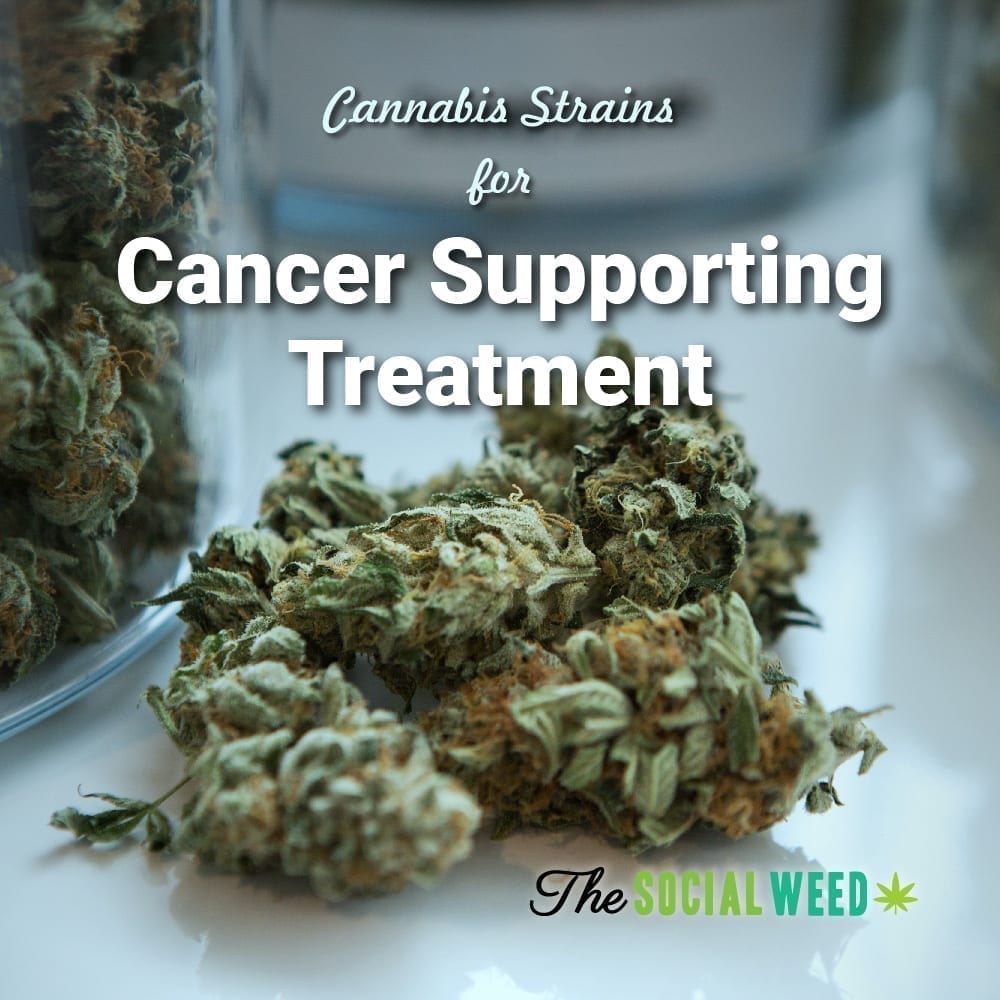
Medical cannabis will now be more accessible to patients in New Jersey.
After many delays and a long battle with legislators, Governor Phil Murphy signed the “Jake Honig Compassionate Use Medical Cannabis Act” on July 2, considerably expanding the state’s existing medical cannabis program.
The heart of the disagreements between legislators and the governor was over the sales tax and the transfer of oversight control away from the Department of Health, but a revised version of the bill was finally accepted by all sides. In the compromise, the state will continue to tax medical cannabis at 6.625 percent till July 2020 and then gradually phase the sales tax out by July 1, 2022 as opposed to 2025 in the earlier version of the bill.
Similarly, the Act allows for twenty-eight medical cannabis cultivation permits instead of twenty-three, as was suggested in an earlier version of the bill. After eighteen months, the Cannabis Regulatory Commission can determine new limits on permits. Oversight of the medical cannabis program will pass to the yet-to-be established Cannabis Regulatory Commission. Murphy wanted oversight of the program to remain with the department of health till 2021, according to a report by NJ Advance Media in June, but settled for the sales tax being phased out in three years instead of five.
Murphy’s office and the Department of Health do not have an estimate for when the commission might be established. “It’s still in the early stages,” said Alyana Alfaro, Murphy’s press secretary. The governor and the legislature together will appoint the five-member commission. Murphy will appoint three of the commission’s members by himself but the remaining two members will be appointed “on the recommendation” of Senate President Stephen Sweeney and Assembly Speaker Craig Coughlin.
The act also expands the list of qualifying conditions for medical cannabis use and increases the possession limit to three ounces per month in dried form, up from two in the previous law. And it’s not just doctors but physicians’ assistants and advanced practice nurses who can approve medical cannabis use for patients. While existing licenses allow for vertical integration, or, in other words, controlling the supply from seed to sale, the state will start issuing three separate licenses for new applicants—for cultivators, manufacturers, and dispensaries. However, the health department’s Division of Medical Marijuana, which has oversight of the state’s medical cannabis program till the Cannabis Regulatory Commission is appointed, is not accepting applications for manufacturers. “Dispensaries and growers are a priority at this time,” according to Donna Leusner, the health department’s director of communications.
Medical cannabis dispensaries can also have consumption areas on their premises, if the municipality in which they are located and the Cannabis Regulatory Commission both approve. This would provide patients living in public housing, federally funded nursing homes, and on college campuses, or those who depend on federal housing subsidies, spaces where they can legally consume medical cannabis.
“Some people, because of their living situation, are simply not permitted to use the medicine where they live. It’s cruel to say here’s your medicine but it cannot be used,” Ken Wolski, executive director of the Coalition for Medical Marijuana, New Jersey, told Cannabis Wire. “So I think its an important advancement to allow consumption areas.”
Under the new law, healthcare providers can authorize a year-long supply of medical cannabis to a patient. Registered medical cannabis patients will also have legal protection against discrimination when applying to schools or for state permits, and renting property.
However, there will be tighter restrictions on criminal history records for medical cannabis cultivators, manufacturers, dispensary operators, and clinical registrants—entities that can cultivate, manufacture, and dispense medical cannabis under a separate “clinical registrant” permit but are required to partner with an academic medical center. Applicants could be barred from “holding interest in or being employed” at a medical cannabis operation if they have been convicted of a crime of the first, second, or third degree, or a drug offense other than minor cannabis possession. Under the present law, only a drug offense other than minor cannabis possession was considered a “disqualifying conviction.”
Wolski, while acknowledging that the new law is “full of many good things,” said there are some shortcomings—like the sales tax. “That’s one of the limitations that we think is unfortunate,” Wolski said. “No other medicine in New Jersey is taxed. So medical marijuana shouldn’t be taxed either.” But proponents argued that the tax is necessary to cover the program’s administrative costs. “The state of New Jersey incurs substantial costs with the administration of this program, because although its medicine, it’s not the same,” said Senator Nicholas Scutari during a senate session in May. “It doesn’t fall into the same regulations of the FDA so the state has to take on a lot of the responsibilities the federal government normally would.”
Wolski believes the absence of a provision for home grow is also a disappointment, adding that most states that have a medical cannabis program allow for some degree of home cultivation. “We have some of the most expensive medical marijuana in the country,” Wolski said. “It’s just not affordable for so many patients.”
Sourcee: CannabisWire.com





